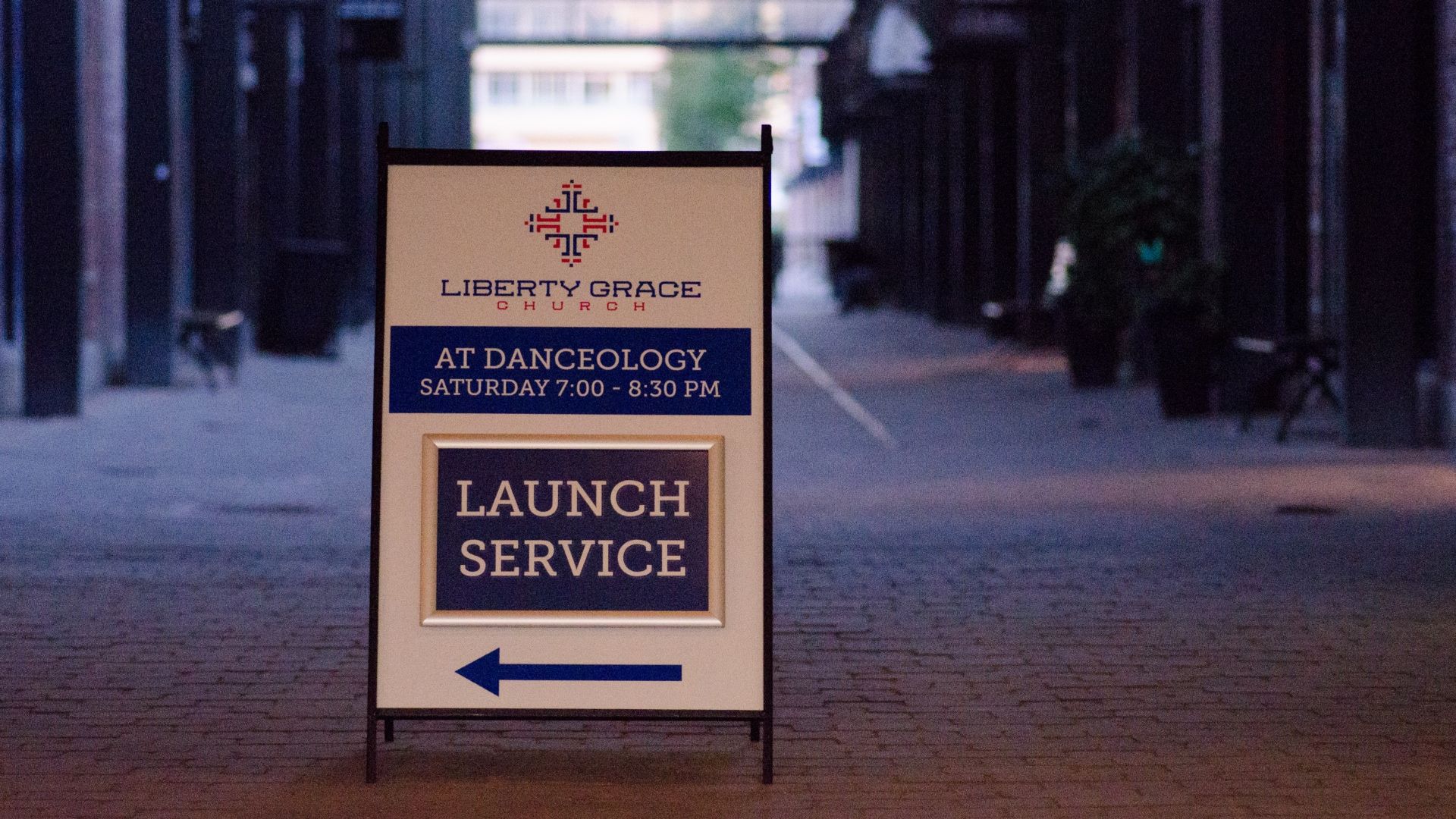Lessons From a 147-year-old Church Plant

I'm not too far into Caleb Morell’s excellent new book, A Light on the Hill, the story of Capitol Hill Baptist Church in Washington, D.C., but I can tell you that I like it. I've listened to many podcasts about the book and the founding of this church. It's like a biography, but instead of a person, it's about a church.
If God can use ordinary people, he can also use ordinary churches to make a big impact for his glory. Having been part of a new church, I'm especially interested in how Capitol Hill Baptist Church started.
A few things stood out.
Churches Often Start with Prayer
The first is the role of prayer in the beginning of that church. The church grew out of a from a prayer group started by Celestia Ferris, a young washerwoman. “As they prayed, he answered—in ways that will only be fully comprehended in eternity.”
Liberty Grace Church was also birthed in prayer. After we moved into Liberty Village and began to spread the word about what we were doing. I met a lady who said she and her mother had been praying for years for someone to start a new church in Liberty Village.
New churches often begin with prayer. That's the story of CHBC, and it's my experience too.
Buildings Matter
I also noticed how quickly the church moved to get property and build a building. They chose the highest spot in Capitol Hill they could find.
I used to think buildings weren't so important. It reflects the view that buildings are secondary. Actually, they matter more than we think.
CHBC scrimped to get property and were resourceful in finding building materials for their original building. We need people thinking about how to provide space for churches. It's a significant obstacle and an important one.
Pastors Matter Too
The third thing that encouraged me is the story of their first pastor. They called an experienced pastor, Joseph Whiting Parker, one of the leading pastors in the country.
When he came, he later said if he had known how poor the church was, he couldn’t have come. It's good that he didn't know because he stayed with them. He feared that the church would die if he didn't help establish it. He could only stay for three years due to his health, but his initial ministry made a big difference.
We need both young, scrappy church planters and experienced pastors to help launch churches.
New Churches Are Fragile
Churches are fragile in their early years. Within just a few years of starting, the church almost fell apart. Minor disagreements grew into a crisis that split the congregation. When it was over, the church had no pastor, heavy debts, and only sixty members left.
Every church is fragile, especially so in their earliest years.
Ultimately, every church is a church plant, even one that’s 147 years old.
I'm eager to read the rest of the book; these four lessons from Capitol Hill's early years inspire me. The church I pastor now is also looking at revitalization and planting. I pray my church planting days aren't over, even if it looks different from when we started Liberty Grace.
Whether we're talking about Capitol Hill's beginning, Liberty Grace, or some other venture, church planting is exciting. There's nothing like it. It's inspiring to see how God uses initial efforts to establish ordinary churches that can make a lasting impact for decades or even centuries.





